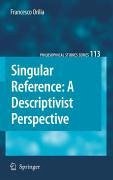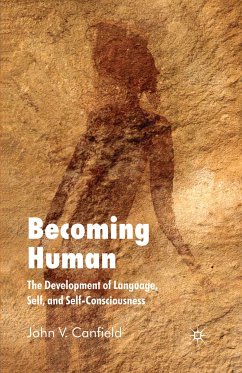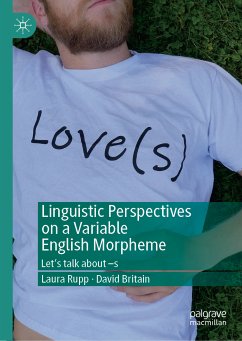
Kanzi's Primal Language (eBook, PDF)
The Cultural Initiation of Primates into Language
Versandkostenfrei!
Sofort per Download lieferbar
72,95 €
inkl. MwSt.
Weitere Ausgaben:

PAYBACK Punkte
36 °P sammeln!
Sue Savage-Rumbaugh's work on the language capabilities of the bonobo Kanzi has intrigued the world because of its far-reaching implications for understanding the evolution of the human language. This book takes the reader behind the scenes of the filmed language tests. It argues that while the tests prove that Kanzi has language, the even more remarkable manner in which he originally acquired it - spontaneously, in a culture shared with humans - calls for a re-thinking of language, emphasizing its primal cultural dimensions.
Dieser Download kann aus rechtlichen Gründen nur mit Rechnungsadresse in A, B, BG, CY, CZ, D, DK, EW, E, FIN, F, GR, HR, H, IRL, I, LT, L, LR, M, NL, PL, P, R, S, SLO, SK ausgeliefert werden.












